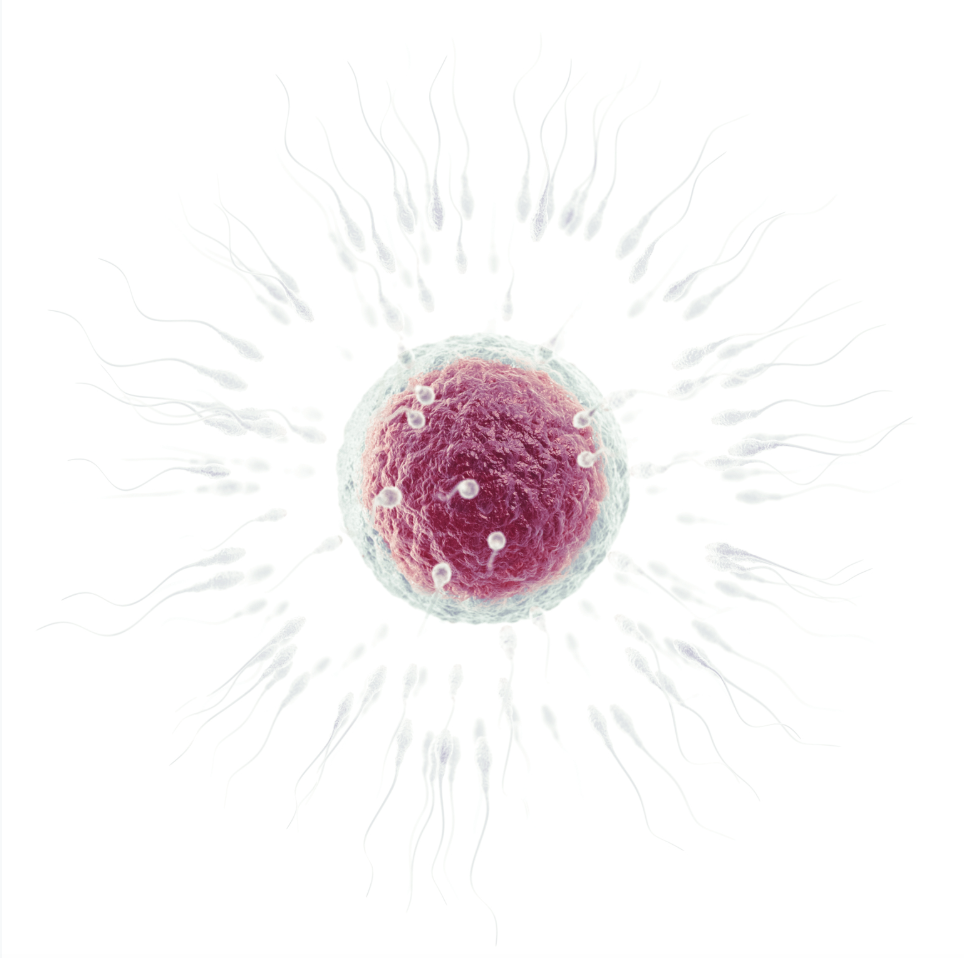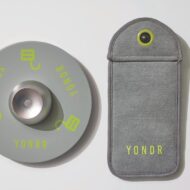
By Lea Lis, MD
There has been an upswing in the number of women freezing their eggs to have an “insurance policy” on their fertility. These frozen eggs allow women to ease into their 40s with less of a fear of the genetic D-day that will occur when their eggs age. With all these eggs now in the freezer, my thoughts turn to the men. Most people don’t realize that men’s sperm will age as well.
Since 1980, the US has seen a 40 percent increase in 35- to 49-year-old men fathering children and a 20 percent decline in men under 30 fathering children. Older women are usually fertilizing their eggs with sperm from older men, unless they’ve got a penchant for boy toys.
Scientists state that children born to older fathers have a greater risk of developing certain disorders, including intellectual disabilities, autism and schizophrenia. Many of the mutations carried in the eggs (such as Down syndrome and other replicated chromosomal syndromes) are not compatible with life and will lead to a miscarriage; the flawed genetics will not be passed down to a baby. However, the mutations in men’s sperm linked to smaller defects are compatible with life, so women carry the babies to term, only to find out years later that the sperm—the old dude sperm—is just not what it used to be.
Older male sperm cannot swim as fast as they used to, often have two tails, or run in circles, which I remember from attending the male infertility clinic at NYU. These wayward sperm are not as viable as they were when they were younger. This is true for men in general—they cannot run, lift, bike etc. as fast as at age 25, and their sperm is no different. Interestingly enough, advanced paternal age is associated with a higher birth rate of females (more X sperm than Y). So you have a higher chance of giving birth to a female with health issues if your egg was fertilized with older sperm.
It seems that in our culture women often take the blame for infertility and it is the women who are storing their eggs. This comes at great expense, time and pain, as anyone who has done it can tell you.
Unfreezing eggs is a high-stakes game; not all of them will be usable, and often they’re more difficult for sperm to penetrate. Note to women who’ve stored their eggs and are ready to unfreeze a batch to be fertilized: why waste it on the geriatric sperm? It would be better to use the 25-year-old sperm, which is flash-frozen and stored. This has the fresh, youthful genes that we want to pass on to our children, not the senior sperm which is pushing 50 and about to qualify for the AARP discount.
Men, it’s so much easier to extract, freeze and store your semen than it is for women to do the same with their eggs. It’s easy to access sperm; all it takes is a few private moments and an X-rated magazine. Or you could elicit the help of your partner (even more fun). I have seen home kits (Dadikit.com) where you can do it at home and send it in for $99 (plus $99 per year for storage). It seems like a small price to pay for the preservation of your best genetic self.
So men, there are no excuses! If you think your career is more important than starting a family in your 30s, or you need to play the field to find the partner of your dreams, or your desire to travel outweighs your paternal instincts, then put your sperm on ice. Your future babies will thank you.
Dr. Lea Lis, MD, is a child and adolescent psychiatrist, and an assistant clinical professor at NYU School of Medicine. The Shameless Psychiatrist @shamelesspsychiatrist








